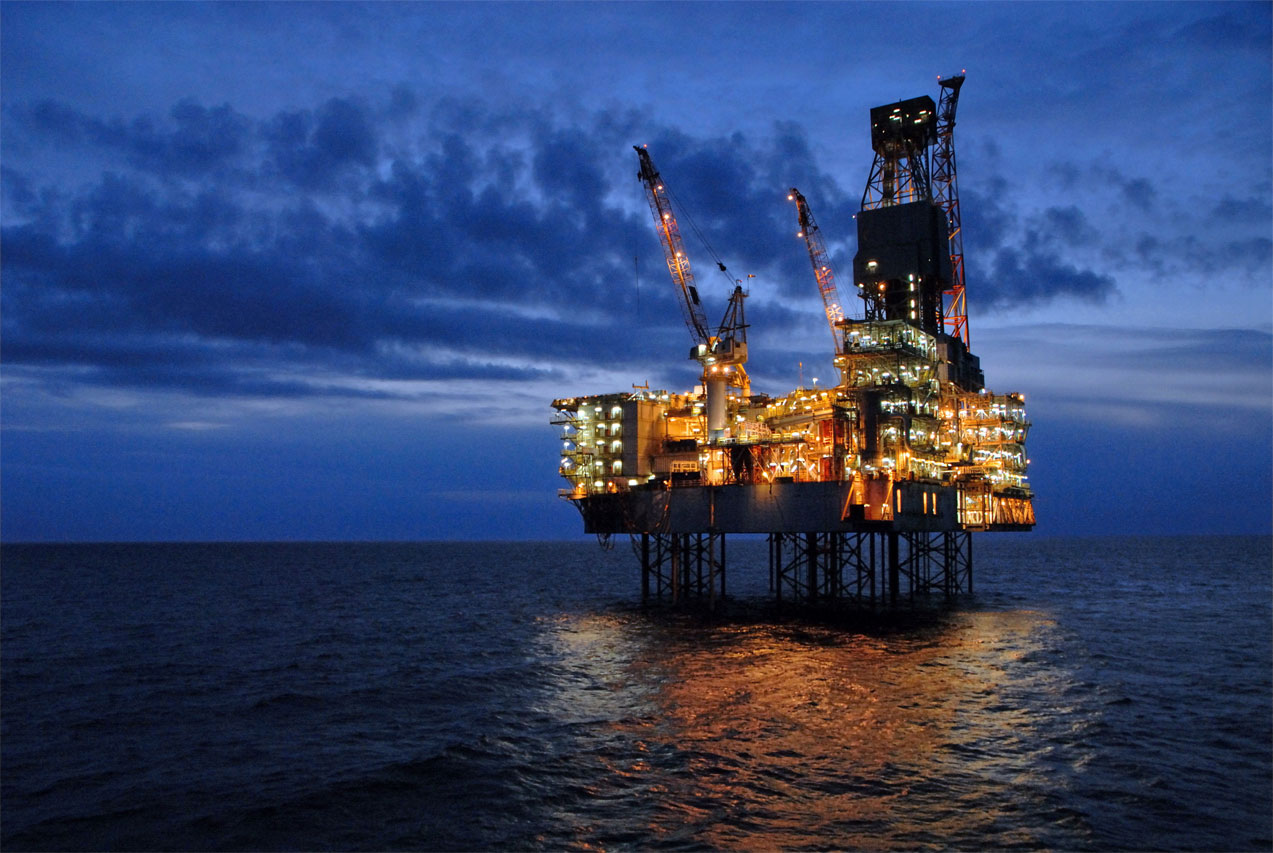Azerbaijan announced it is ready to reduce oil production output in the event the Organization of the Petroleum Exporting Countries (OPEC) and other non-OPEC countries extend a deal struck in December meant to curb production and boost global prices.
“We are interested in extending the agreement to reduce oil production, and once this decision is taken Azerbaijan will support it,” said Zamina Aliyeva, a spokesperson for Azerbaijan’s Energy Ministry, according to reports from Interfax-Azerbaijan.
OPEC is currently deliberating whether it will extend the deal, brokered in Vienna in December of last year, into the second half of 2017.
“I would like to note that we have already reduced our oil production even more than we have promised,” she added, noting that Baku and Moscow are closely cooperating on stabilizing oil prices within the framework of OPEC.
OPEC, a global oil cartel with 13 member states, was forced to agree on cutting oil supplies after market turbulence caused oil prices to plunge from $115 per barrel in 2014 to less than $30 per barrel in 2016.
At a meeting in Vienna in December, OPEC agreed to limit production as a way to bolster teetering oil prices. The deal covered the first half of 2017 and came alongside promised reductions from Russia and ten other non-OPEC member oil producing states, all offset by expected recoveries in the United States shale sector, Libya and Nigeria.
Following the Vienna agreements Azerbaijan, a non-OPEC member oil producing country, had to reduce its average oil production to 800,000-807,000 barrels per day (bpd) from 842,000 bpd in 2016. The current average level of production for the country is about 789,000 bpd.
The recent meeting of the joint committee of ministers from OPEC and non-OPEC oil producers, held in Kuwait on March 26, agreed to review whether a global pact to limit supplies should be extended for another six months. The main discussion will continue on May 25 as the OPEC countries and other non-members will meet in Vienna.
“OPEC estimates for 2017 that the market will stabilize, demand will be around 96.3 million barrels per day, while supply will hover around 95.8 million barrels per day. This would mean that pressure on stocks will increase, and prices will go up,” Cyril Widdershoven, a geopolitical and financial analyst, told Caspian News.







 President Aliyev emphasized the critical role of the North-South Transport Corridor in fostering transport cooperation between Azerbaijan and Russi...
President Aliyev emphasized the critical role of the North-South Transport Corridor in fostering transport cooperation between Azerbaijan and Russi...
 Russian Foreign Minister Sergei Lavrov has reasserted that Moscow has no intentions to stop the fighting in Ukraine, even if peace talks commence.
Russian Foreign Minister Sergei Lavrov has reasserted that Moscow has no intentions to stop the fighting in Ukraine, even if peace talks commence.
 Iran has refuted reports of alleged damage to Shimon Peres Negev Nuclear Research Centre located southeast of Dimona, Israel, during the recent air...
Iran has refuted reports of alleged damage to Shimon Peres Negev Nuclear Research Centre located southeast of Dimona, Israel, during the recent air...
 Iran and Pakistan have signed eight cooperation documents in various fields, and agreed to strengthen ties to fight terrorism in the region.
Iran and Pakistan have signed eight cooperation documents in various fields, and agreed to strengthen ties to fight terrorism in the region.



